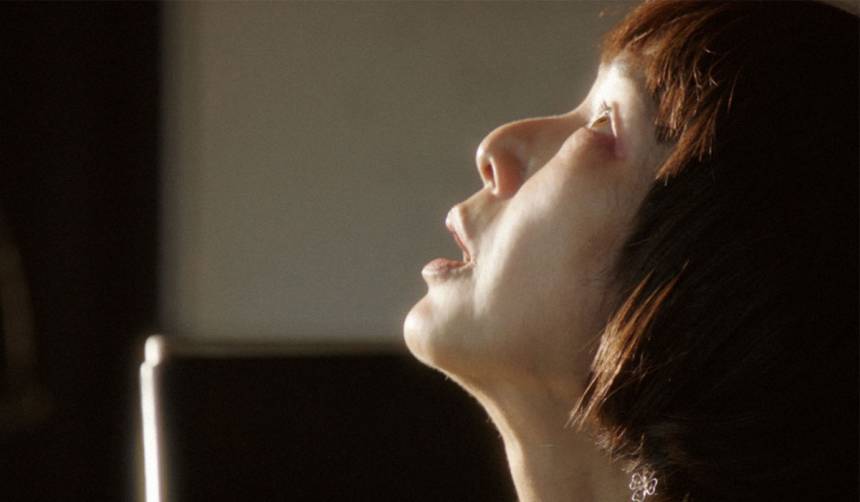
September 1, 2016
Hee
A masterful minimalist film depicting one woman brutalized by the world and holding on the only way she knows how
By Rob Schwartz
Kaori Momoi is as close to a Renaissance film artist as there is in Japan. She’s appeared in tens of Japanese films (starting in 1971) and had roles in international projects like Memoirs of a Geisha and Aleksandr Sokurov’s The Sun. Momoi has taken to directing and this, her second effort, is masterful minimalist filmmaking. It offers a searing look at the human experience, and showcases Momoi’s considerable acting chops. The storytelling is accomplished mainly by Momoi’s character Azusa talking directly to the camera about how she ended up as an aging prostitute with a wrecked life. At first, the audience sees Azusa reminiscing directly to the camera about her childhood and early life, and slowly become aware that she is talking to a psychiatrist and revealing her mental state. After a few interludes, she’s back at the doctor’s office, and we understand this second sitting is a legal evaluation. Laced with jump-cuts, passages from Azusa’s life, repeated scenes of trauma, and quick depictions of a few other characters in L.A., the film slowly reveals the protagonist as a serial arsonist—hence the title, which means “fire” in Japanese. With remarkable precision, the work shows us a woman who has been brutalized by the world and hung on the only way she could: by using her body. Check out this deeply affecting and intimate piece. (72 min.)







